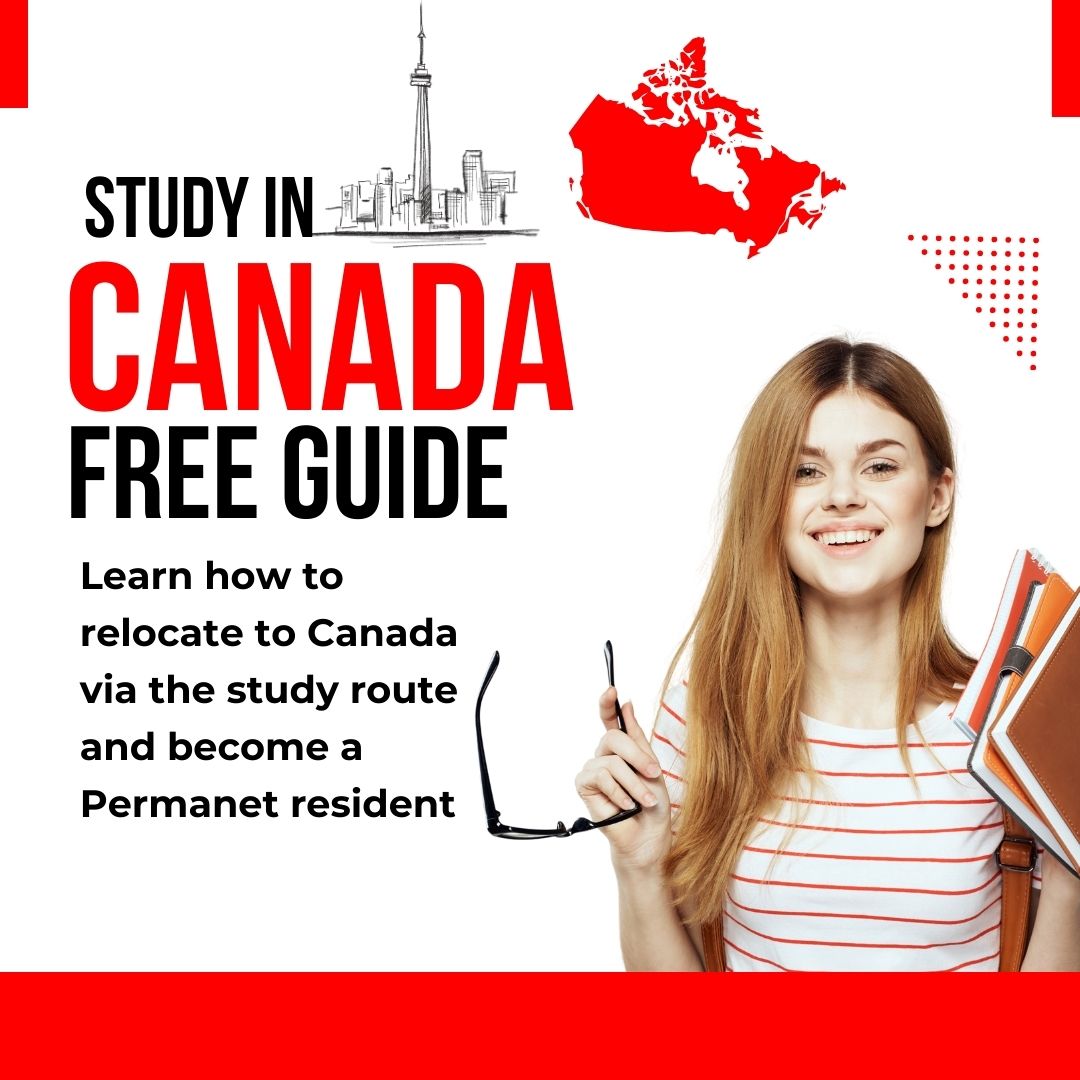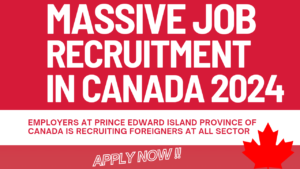Canada beckons with its world-class education system, welcoming environment, and potential pathway to permanent residency. For those seeking an enriching academic experience and a launchpad for a fulfilling future, studying in Canada presents a remarkable opportunity. This comprehensive guide equips you with the knowledge and resources to navigate the process with confidence, transforming your dream of studying in Canada into reality.
Choosing the Perfect Program
Goal Setting: Begin your journey by reflecting on your long-term career aspirations. What field ignites your passion? Research programs offered by Canadian institutions that align with your goals. Utilize resources like the Canadian Information Centre for international education (CICan) website (https://cicic.ca/) to explore a vast array of options.
Institution Selection: Canada boasts a diverse range of universities, colleges, and technical institutes catering to various academic interests. Consider factors like program reputation, location, tuition fees, and post-graduation support services when making your choice.
The Application Process
Contact Admissions: Initiate contact with the admissions office of your chosen universities/colleges. They can provide invaluable insights into program specifics, application procedures, and deadlines.
Application Materials: Gather all required documents, typically including transcripts from previous studies, standardized test scores (like TOEFL or IELTS for English proficiency), letters of recommendation, essays (if applicable), and proof of financial support demonstrating your ability to cover tuition and living expenses.
Meeting Deadlines: Ensure you apply well in advance of deadlines to give your application the best chance of consideration. Deadlines vary depending on the institution and program, so plan accordingly.
Financing Your Studies: Scholarships and Budgeting
Scholarship Exploration: Explore scholarship opportunities offered by the Canadian government, universities, or private organizations. Research opportunities that align with your academic merit and background to help offset costs.
Financial Requirements: When applying for a study permit, you’ll need to demonstrate sufficient financial resources to support yourself during your studies. This can involve presenting bank statements, scholarship documentation, or proof of financial support from a sponsor.
Budgeting for Life: Research the average cost of living in your chosen city (including housing, food, transportation) to create a realistic budget for your stay in Canada.
Obtaining Your Study Permit
Study Permit Application: After receiving your acceptance letter from a designated learning institution (DLI), submit a study permit application to Immigration, Refugees and Citizenship Canada (IRCC). The IRCC website (https://www.canada.ca/en.html) offers an online application process for your convenience.
Biometric Requirements: Be prepared to provide biometric information (fingerprints and photograph) as part of the application process, if required.
Medical Examination: An immigration medical examination might be necessary. IRCC will provide instructions if this applies to you.
Arriving in Canada: Settling In and Beyond
Pre-Departure Preparations: Before embarking on your journey, arrange for accommodation in Canada, open a bank account, and familiarize yourself with essential services like healthcare.
Study Permit Activation: Upon arrival, follow instructions to activate your study permit at a port of entry or through an IRCC office.
Embrace the Canadian Experience: Immerse yourself in the rich tapestry of Canadian culture. Explore vibrant cities, breathtaking landscapes, and connect with your fellow students, building lifelong friendships.
Your Pathway to Permanent Residency
Studying in Canada can be a stepping stone to permanent residency. Here are some programs to explore:
Provincial Nominee Programs (PNPs): Many provinces offer PNPs with pathways for international students to gain permanent residency after graduation and acquiring work experience in Canada.
Canadian Experience Class (CEC): This program offers a pathway to permanent residency for skilled workers with Canadian work experience, including experience gained through internships during your studies.
Additional Tips for a Smooth Transition
Language Training: Consider improving your English or French language skills before arriving in Canada to enhance your academic and social experience.
Student Support Services: Many universities offer support services specifically designed for international students, helping them adjust to academic life and Canadian culture. Take advantage of these resources.
Explore Internship Opportunities: Gain valuable Canadian work experience through internships offered by your program or by connecting with local businesses. This not only enhances your resume but also helps you build professional networks in Canada.
Building Your Future in Canada
Relocating to Canada for studies is not just about obtaining a degree; it’s an investment in your future. Here are some additional points to consider:
Part-Time Work Authorization: While studying in Canada, you may be authorized to work part-time on or off-campus to gain valuable work experience and supplement your income. International students are typically allowed to work up to 20 hours per week during the academic semester and full-time during scheduled breaks.
Post-Graduation Work Permit: After completing your studies, you may be eligible to apply for a Post-Graduation Work Permit (PGWP), which allows you to gain valuable Canadian work experience for up to three years. This experience can significantly enhance your profile for permanent residency applications.
Cultural Adjustment: Moving to a new country can be challenging. Embrace the opportunity to learn about Canadian customs, traditions, and social etiquette. Be open to new experiences, and don’t hesitate to seek support from fellow students, international student services, or local communities.
Conclusion
Studying in Canada is a rewarding adventure filled with academic pursuits, personal growth, and the potential to build a fulfilling future. By carefully planning, thoroughly researching, and utilizing the resources provided in this guide, you can embark on this exciting journey with confidence. Welcome to Canada!



